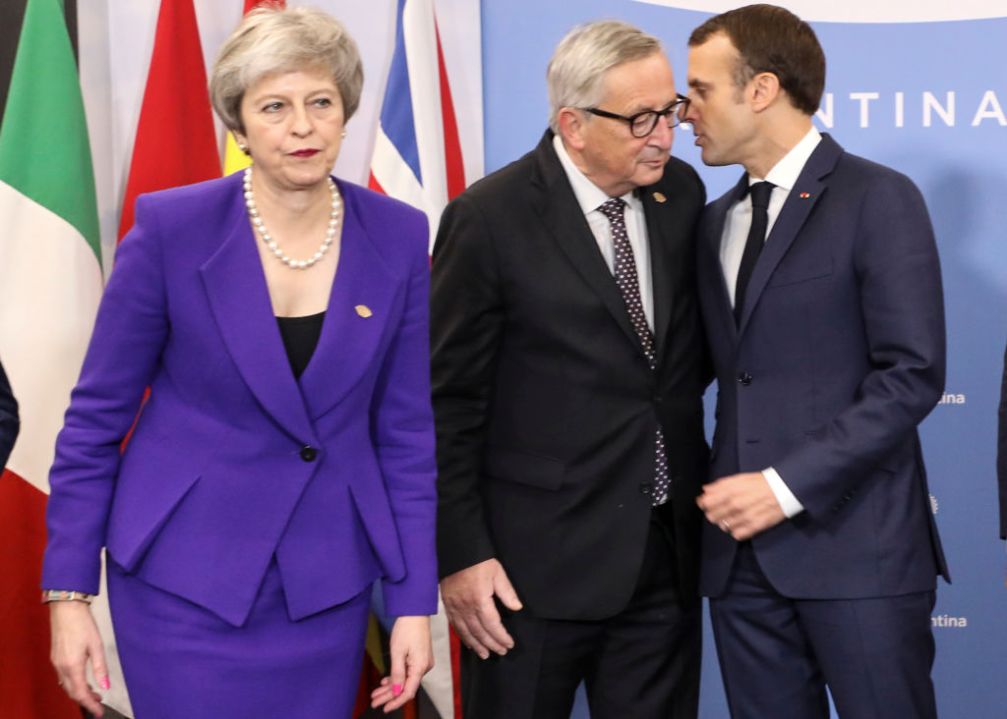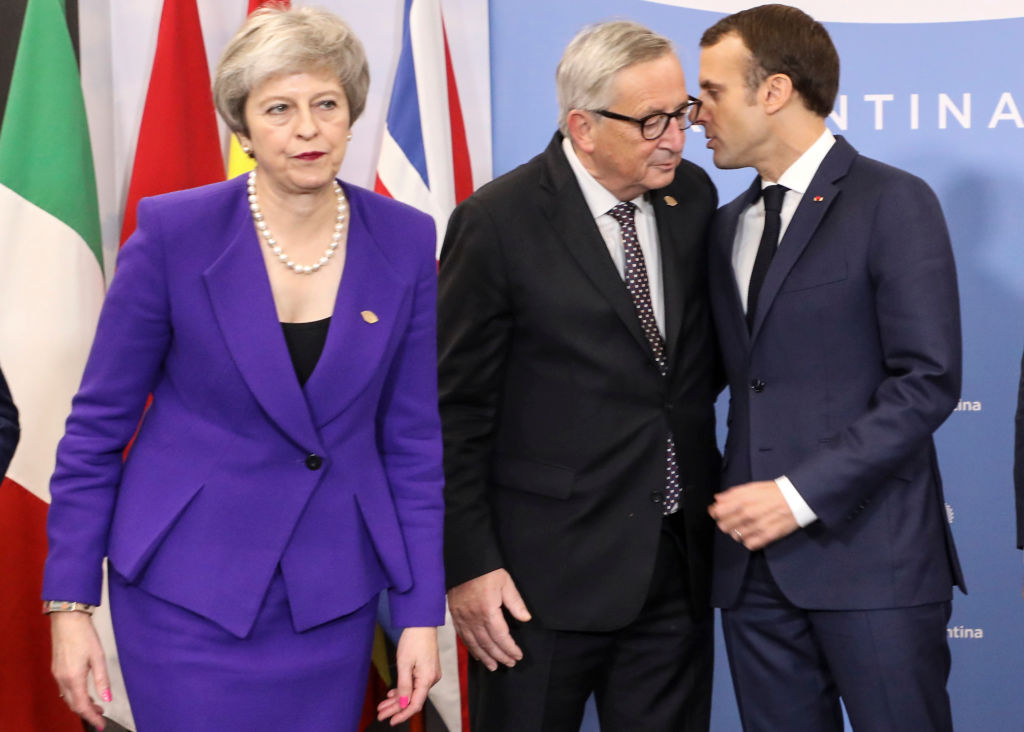The ports will be clogged up with lorries. The shelves at Tesco will be empty. Doctors will be rationing antibiotics, and the army will be called out to deliver food. As we approach the deadline for our departure from the European Union, as the Prime Minister returns empty handed yet again from yet another catastrophic round of negotiations in Brussels, and as the cliff-edge gets closer and closer, the conventional wisdom is that the pressure on Britain to agree to something – anything! – becomes more and more intense.
And yet, as so often in the through-the-looking glass world of Brexit, that conventional wisdom is a bit off target. And not just by a little as it happens, but by 180 degrees. In fact, the closer we get to March 29 next year without securing a deal, the less of a problem it becomes. By the middle of February, it may hardly matter at all.

Britain’s best politics newsletters
You get two free articles each week when you sign up to The Spectator’s emails.
Already a subscriber? Log in







Comments
Join the debate, free for a month
Be part of the conversation with other Spectator readers by getting your first month free.
UNLOCK ACCESS Try a month freeAlready a subscriber? Log in